Arts & Literature _|_ Issue 28, 2025
K. Ramesh: Haiku Poet And Ecological Activist in South India
Robert Hirschfield presents the work of a dedicated lover of nature
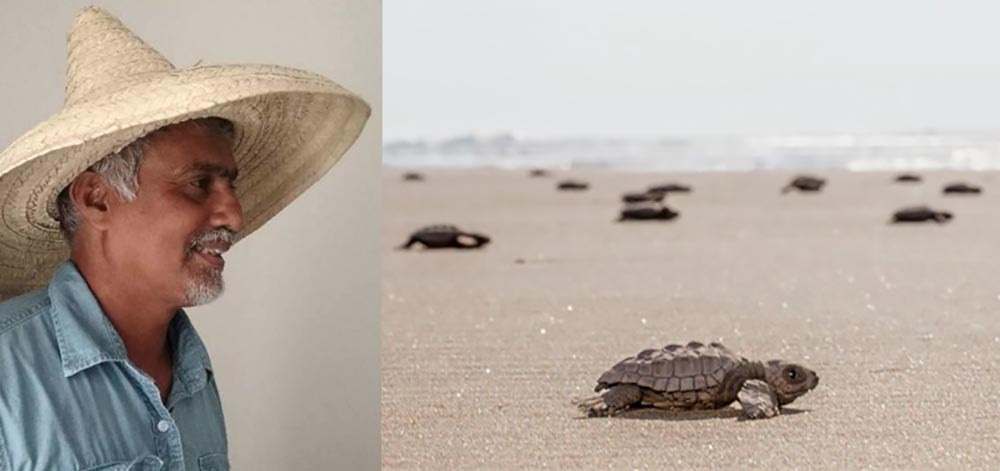

K. Ramesh: Haiku Poet And Ecological Activist in South India
Robert Hirschfield presents the work of a dedicated lover of nature
The India poet K. Ramesh has gained an international reputation with three highly-regarded books of haikus and tankas: Soap Bubbles (2007), From Pebble to Pebble (2014) and A Small Tree of Tender of Leaves (2020). In this short article, Robert Hirschield describes his background as a teacher at the Krishnamurti School, Pathashaala, in Tamil Nadu and the love of nature, which inspires him.
my thoughts go back
to the turtle again
forest fire doused
The turtle was burned to death in a forest fire near the Pathashaala School in Tamil Nadu, where K. Ramesh teaches. Ramesh believes it was caused either by a careless smoker or South India’s extreme heat. The internationally acclaimed haiku poet has a love for turtles, and ‘turtle walks’ are a common form of eco-activism in Tamil Nadu. Ramesh joins them when he can. At issue is the poaching of turtle eggs, which are then sold to shadowy merchants who market them as cures for erectile dysfunction.
‘When turtles come out of the sea to lay their eggs, we try to get to them before the poachers do,’ Ramesh says. The eggs are delivered to hatcheries, and the turtles are returned to the sea. He goes on: ‘A haiku poet’ – in his case, an English language haiku poet – ‘cannot be a witness alone. He must be a spokesperson as well. He must be open to what’s happening around him.’
Ramesh, 58, grew up in Madurai, an ancient Tamil temple town, amid mango groves and tamarind trees. ‘I’d walk along rivers and go into forests. I was drawn to nature with a sense of wonder. In the sky, I’d sometimes see camels, dragons, dinosaurs.’ In his haiku are the echoes of origins:
phone call…
the chirp
of a hometown bird
The mynah brought back memories of the mango tree in his courtyard, the summer light that flooded his long street.
On return visits to Madurai, famous for its 13th century Meenakshi Temple, with its 14 soaring gateway towers, the poet now finds himself in a sprawling urban locale, where apartment complexes are built on marshlands:
There are flyovers everywhere. Trees are cut down to build the flyovers. Birds lose habitat. There is also the increase in cell phone towers. Small birds like sparrows are affected by the electromagnetic radiation, and leave for the town’s outskirts. Sand quarrying has the same effect. There are fewer wetlands now. Birds will avoid cities during their migrations. Even bird sanctuaries are seeing fewer birds.
dawn in the city…
in the crow’s beak a piece
of carton packing tape
The loss of birds is ruinously matched by the gain in plastics. Plastic bottles are tossed into rivers and streams along with chemicals from factories. NGOs have been busy removing some of the plastic from the beaches and waterways. Ramesh sees a ray of hope in the ban his state has recently placed on the sale of single-use plastic bags and polythene carrying bags. ‘There are things people themselves can do,’ he says. ‘They can try to avoid buying packaged foods. They can use public transportation. They don’t have to travel in cars and planes.’
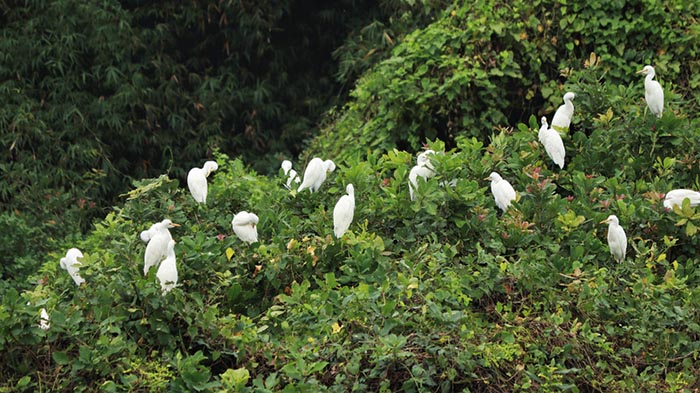
White cranes in Tamil Nadu. Photograph: Udayakumar R [/] / iStock
The Power of Nature
.
Ramesh has the same longing to lose himself in hidden corners of the natural world as haiku’s great 17th century master, Matsuo Basho. He wrote in an email of a recent trip to a tiger reserve near the Tamil town of Thiruneveli:
I had a deep sleep in a forest cottage… no human noise… only the wind blowing and the teak trees swaying and shedding their brown leaves. Even though it was just one day it made a difference. Deep down there is always this feeling of renewal in a forest.
moonlit hills…
I bow to step out
of the hut
The poet is a modern man with a pre-modern sensibility. In his three volumes of poetry, there is the cherishing of simplicity.
power failure –
closing the book
I listen to rain
He composes haiku in his mind as he takes his nature walks, jotting them down on paper when the walk is over. His deep feeling for the environment echoes that of his teacher, J. Krishnamurti (Pathashaala is a Krishnamurti school), who taught, ‘If you hurt nature, you hurt yourself.’
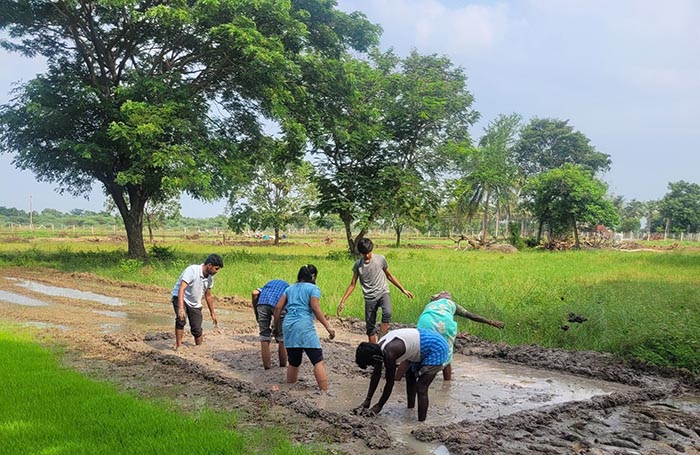
Children at the Pathashaala School planting rice in the garden. www.pcfl-kfi.org
At Ramesh’s school [/], there is always much gardening and seed planting going on. At other schools, there are reforestation projects. In her essay for the Krishnamurti School Journal, fellow teacher Suseela Kumaravel writes about putting children in touch with nature:
Walking on the ground covered with leaves after the rains, working on the soil in the garden with our hands, feeling the texture of new leaves, soft petals of the wild flowers, or the rocks and stones, are all joyous experiences made possible because of our senses.
‘I live in a village,’ Ramesh says, thankful for its slow pace, for the peacefulness of its paddy fields, and overhead, its kingfisher and golden orioles. A veteran nature poet, he closely observes the way the seasons change, the way people change with the seasons, the way the menace of pollution and land degradation draws closer and closer. ‘The next generation is definitely going to feel the full impact. The picture is grim, but that is the reality.’
Image Sources (click to open)
Banner: Left: K Ramesh. Right: Young Olive Ridley sea turtles in Tamil Nadu. They have to make the journey to the sea immediately upon hatching and many perish along the way. They are now a protected species in India. Photograph: Arturo Peña Romano Medina [/] / iStock.
Other Sources (click to open)
Poetry Collections by K. Ramesh
Soap Bubbles (2007). Free download on The Haiku Foundation Digital Library https://thehaikufoundation.org/book-of-the-week-soap-bubbles/.
From Pebble to Pebble (2014). Free download on The Haiku Foundation Digital Library https://thehaikufoundation.org/omeka/items/show/1810.
A Small Tree of Tender Leaves (2020). Available as a Kindle Edition on Amazon.co.uk
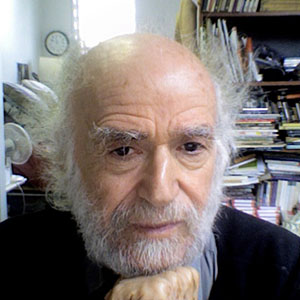
Robert Hirschfield is a New York-based writer and poet. He has spent much of the last five years writing and assembling poems about his mother’s Alzheimer’s. In 2019, Presa Press published a volume of his poems titled, The Road to Canaan. His work has appeared in Parabola, Tricycle, Spirituality & Health, Sojourners, The Moth (Ireland), Tears in The Fence (UK) and other publications.
The text of this article has a Creative Commons Licence BY-NC-ND 4.0 [/]. We are not able to give permission for reproduction of the illustrations; details of their sources are given in the captions.
FOLLOW AND LIKE US
——————————————
——————————————
——————————————
FOLLOW AND LIKE US
If you enjoyed reading this article
Please leave a comment below.
Please also consider making a donation to support the work of Beshara Magazine. The magazine relies entirely on voluntary support. Donations received through this website go towards editorial expenses, eg. image rights, travel expenses, and website maintenance and development costs.
READ MORE IN BESHARA MAGAZINE
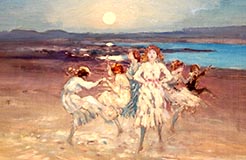
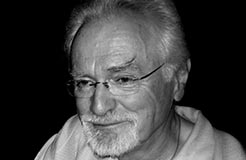
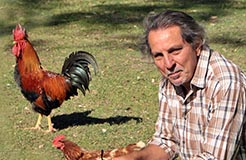
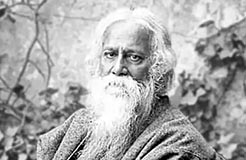
READERS’ COMMENTS
0 Comments